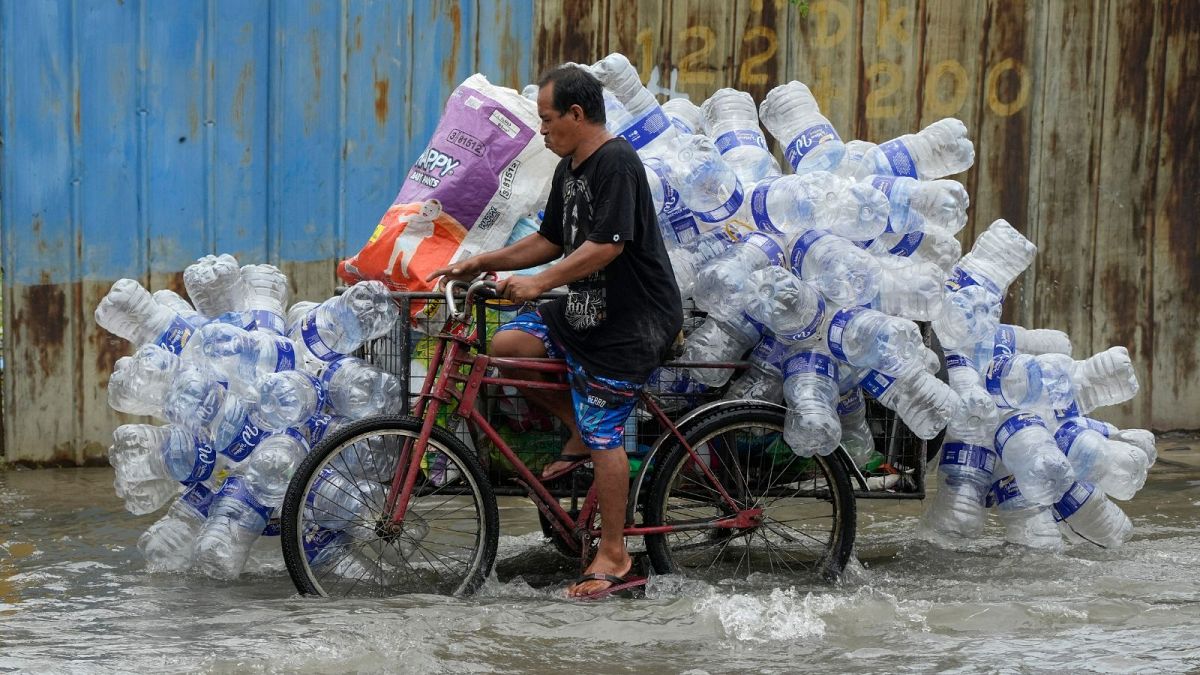

In an era marked by environmental challenges and the pressing need for sustainable solutions, pivotal discussions on a global plastics treaty resume in Geneva. These talks have attracted attention as a potentially decisive moment for addressing the plastic pollution conundrum and its multifaceted impacts on our planet. Stakeholders gather with a shared vision: to establish comprehensive frameworks that will guide the world toward a more sustainable future, free of the pervasive harm caused by plastic waste.
The urgency of these discussions is underpinned by a call from campaigners advocating for the exclusion of industry lobbyists from the negotiations. Their presence, it’s argued, could dilute the effectiveness of potential agreements. The hope is to cultivate a meaningful outcome that genuinely reflects environmental priorities and promotes significant change. Stakeholders are invited to envision a world where our actions today ripple into a healthier ecosystem, emphasizing the urgency of this ‘last chance’ to act decisively.
While the talks in Geneva capture the international community’s attention, specific regions are already experiencing the severe repercussions of climate change, spurring them to take immediate action. In this light, mainland Portugal has declared a high-alert status due to unusually high temperatures elevating the risk of wildfires. This alert, beginning from midnight this Sunday and extending until late Thursday, underscores a proactive approach by the government to safeguard its citizens and natural resources from potential disasters. Minister of Internal Affairs, Maria Lúcia Amaral, emphasizes the necessity of this precautionary measure amidst persisting heatwaves, illustrating the direct impacts of climate change on national security and well-being.
Amidst these challenges, innovative adaptation strategies are emerging as cornerstones of resilience. A prime example can be found in Biscay, where cities like Bilbao are transforming urban and natural landscapes to better cope with and mitigate the ramifications of environmental changes. By reinforcing storm-proof infrastructure, advancing technological towers, and committing to electrifying its port, Bilbao stands as a testament to adaptive ingenuity. These measures reflect not only the resilience of the community but also its commitment to sustainable progress, adapting to new realities while paving pathways for others to follow.
The interconnectedness of these global efforts demonstrates a shared acknowledgment that climate change and environmental degradation cannot be addressed in isolation. As nations, regions, and communities converge to tackle these pressing issues, the emphasis remains on collaboration, innovation, and determination. Through dialogues like the Geneva plastic treaty talks, proactive measures such as those seen in Portugal, and adaptive transformations exemplified by Bilbao, a mosaic of efforts is forming a holistic approach to sustainability.
As these stories unfold, they inspire a shared vision for future generations. With clear, committed steps taken today, the global community continues to build a more resilient and sustainable tomorrow. Together, through mindful discourse and action, a harmonious balance with our environment is within reach.
Source: {link}
